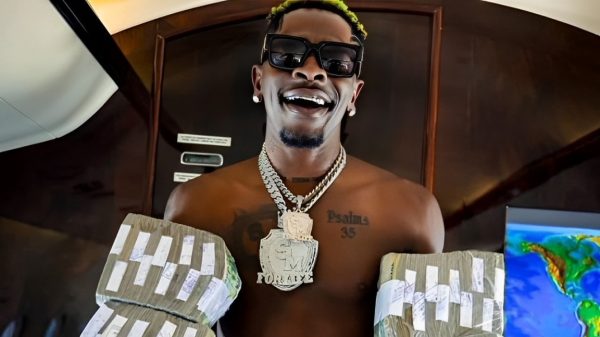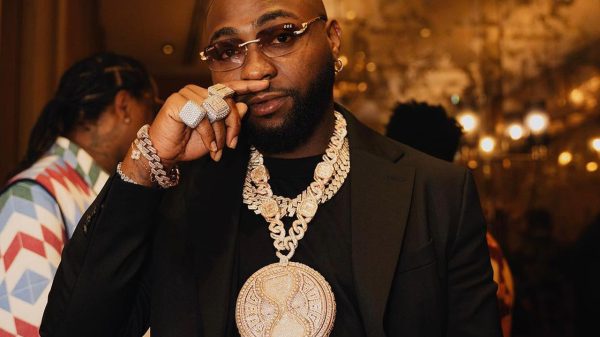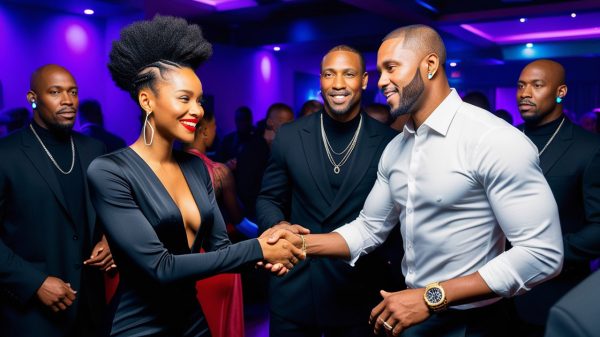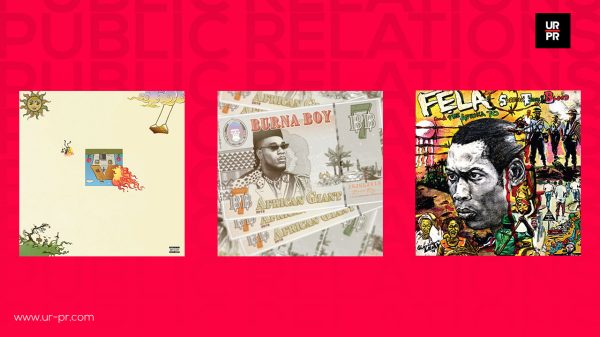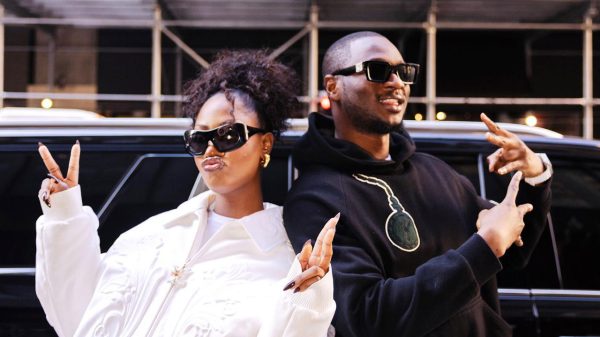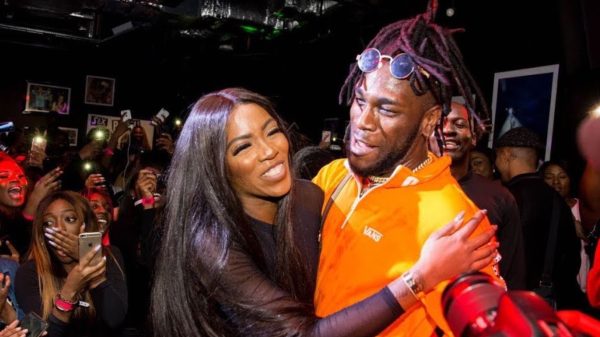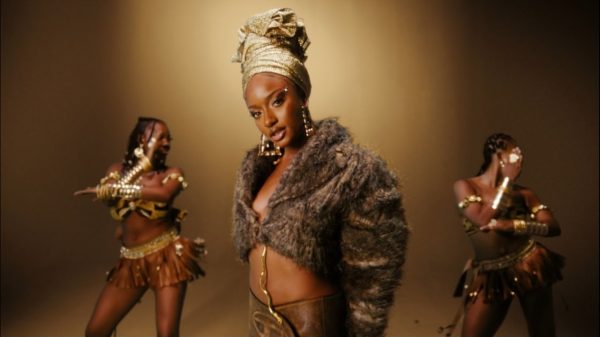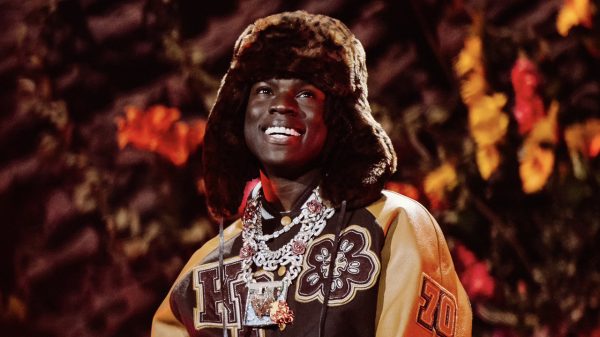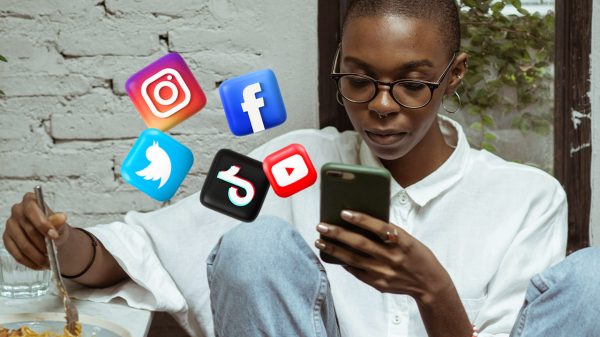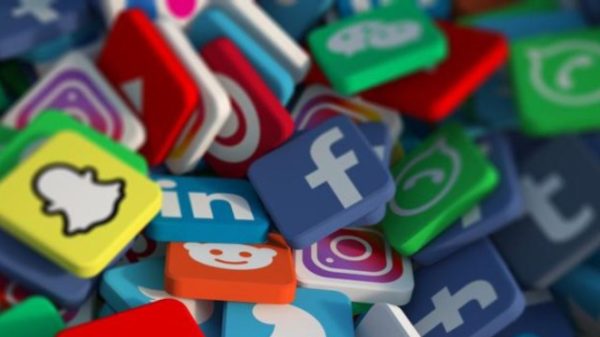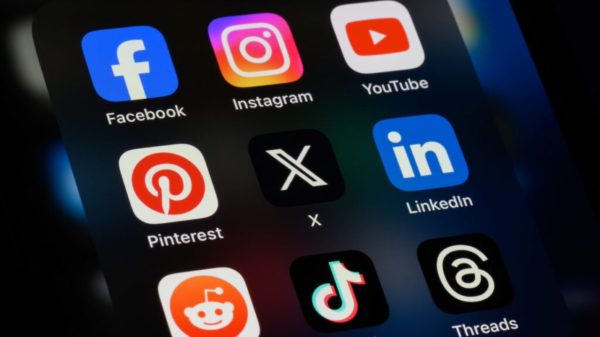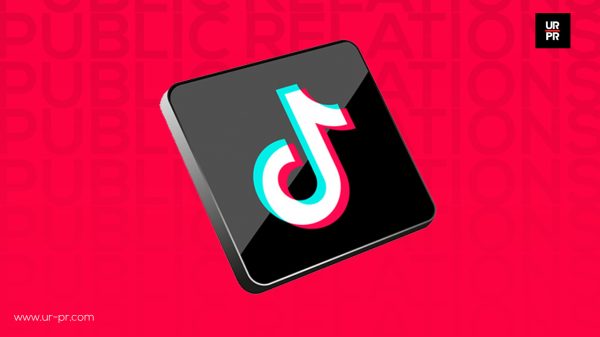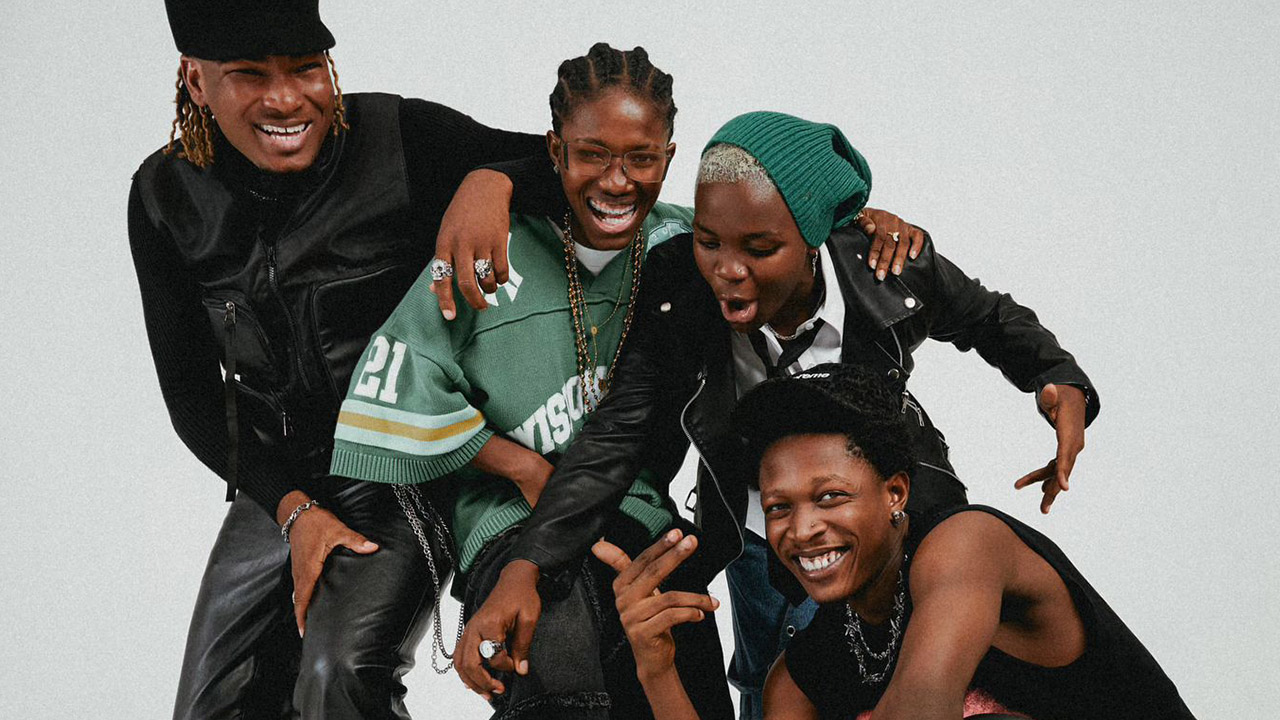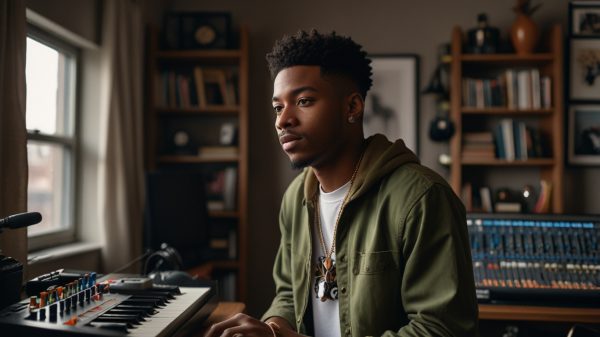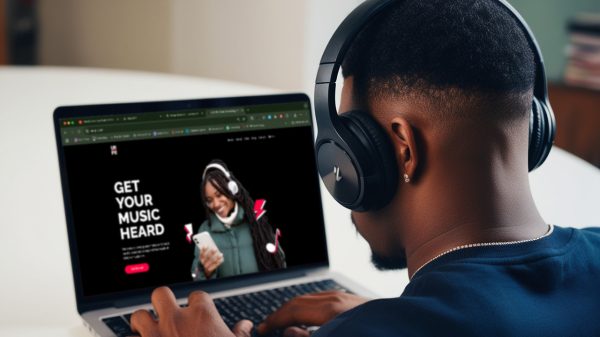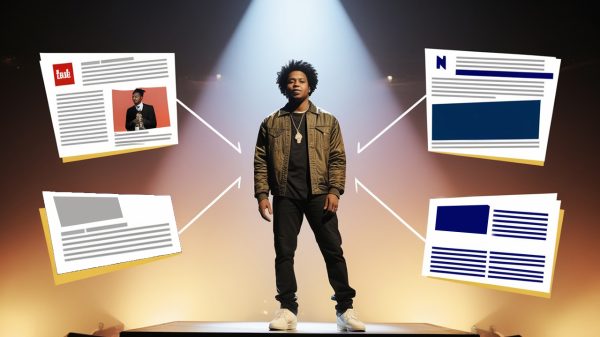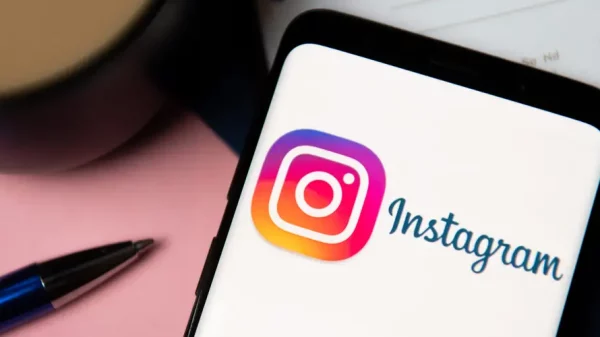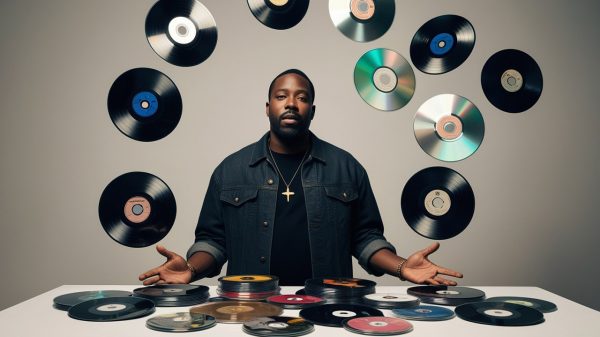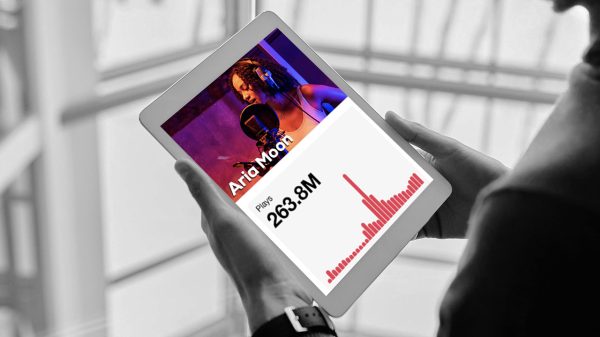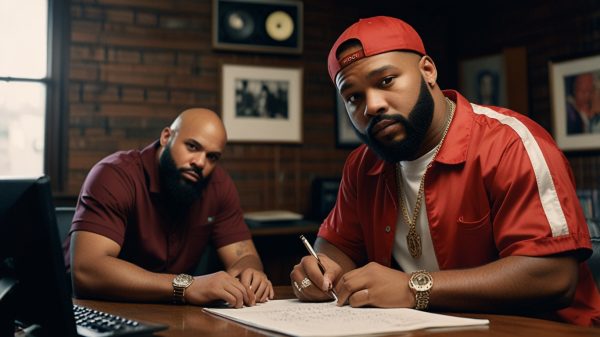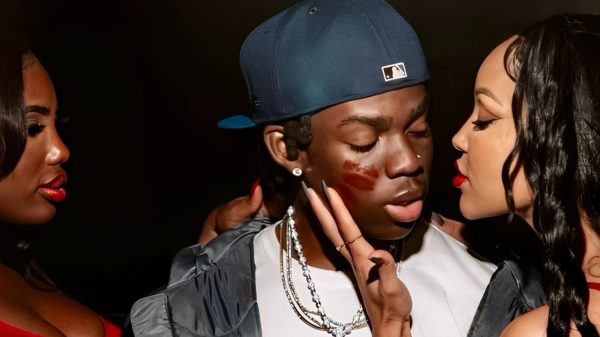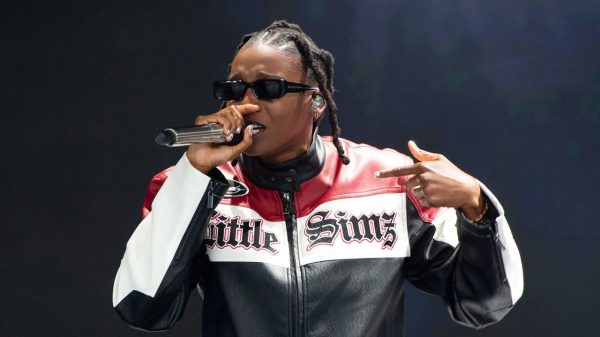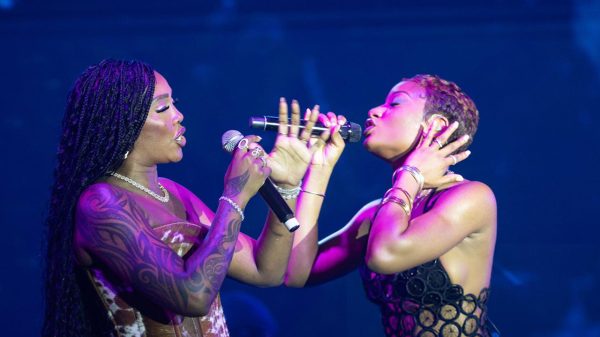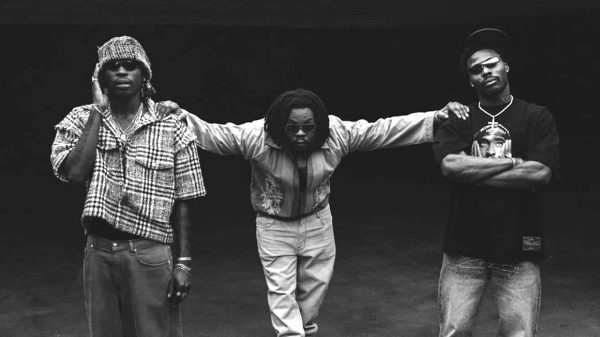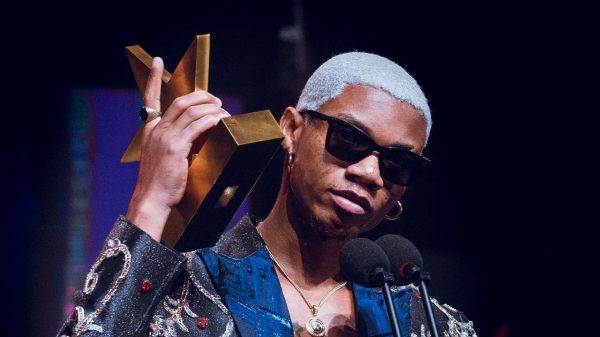YouTube has become one of the most lucrative platforms for musicians to showcase their talent and make money. With over two billion monthly active users, the platform offers unparalleled opportunities for musicians to grow their audience and diversify their income streams. In this article, we’ll explore 10 ways musicians can make money on YouTube and how they can optimize these methods to achieve success.
1. Ad Revenue
The most well-known way to earn money on YouTube is through ad revenue. Musicians who join the YouTube Partner Program can monetize their videos by allowing ads to be displayed before, during, or alongside their content. The amount earned depends on factors like video views, viewer demographics, and ad engagement rates.
How to Maximize Ad Revenue:
- Consistently upload high-quality videos to attract more views.
- Optimize video titles, descriptions, and tags for search engine visibility.
- Engage your audience to boost watch time and retention rates, as these factors influence ad payouts.
2. Music Streams
Musicians can earn royalties from streams when fans listen to their music on YouTube Music. By uploading official music videos, lyric videos, or audio tracks, you can monetize plays through YouTube’s content ID system.
How to Maximize Music Streams:
- Use eye-catching thumbnails and engaging titles to draw listeners.
- Upload your music to YouTube via a distributor to ensure proper metadata tagging and royalty collection.
- Create playlists to encourage continuous listening.
3. Merchandise Sales
YouTube’s merch shelf allows creators to sell branded merchandise directly from their channel. Musicians can design and sell products like T-shirts, hats, and posters to fans who want to support them.
How to Succeed in Merchandise Sales:
- Partner with a reliable print-on-demand service to handle inventory and shipping.
- Promote your merchandise in your videos and live streams.
- Offer exclusive designs or limited-edition items to create urgency.
4. Super Chat and Super Thanks
During live streams, fans can use Super Chat to highlight their messages in exchange for monetary support. Similarly, Super Thanks allows fans to tip musicians on regular videos.
Tips for Encouraging Super Chat and Super Thanks:
- Host regular live streams to interact with fans and build community.
- Recognize and thank fans who contribute to make them feel appreciated.
- Use live streams to perform exclusive songs, Q&A sessions, or behind-the-scenes content.
5. Channel Memberships
Musicians can offer channel memberships to subscribers in exchange for perks like exclusive content, early access to music, and special badges. Members pay a monthly fee to support their favorite artists.
How to Grow Channel Memberships:
- Clearly communicate the value of becoming a member.
- Regularly deliver high-quality perks to retain members.
- Promote memberships in videos and use calls-to-action to encourage sign-ups.
6. Sponsorships and Brand Deals
Partnering with brands can be a lucrative income stream for musicians. Companies may sponsor your content in exchange for showcasing their products or services in your videos.
How to Attract Sponsorships:
- Build a consistent and engaged audience to appeal to brands.
- Showcase your niche and how it aligns with potential sponsors.
- Create a professional media kit to pitch to brands.
7. Crowdfunding
Crowdfunding platforms like Patreon and Kickstarter enable fans to financially support musicians in exchange for exclusive rewards. You can promote your campaigns through your YouTube channel.
Crowdfunding Success Tips:
- Offer appealing rewards like early access to songs or personalized shoutouts.
- Update fans on your progress to keep them engaged.
- Use storytelling to connect emotionally with your audience.
8. Licensing
Licensing your music for use in other creators’ videos is another way to generate income. Through YouTube’s Content ID system, you can track and monetize videos that feature your music.
How to Get Started with Licensing:
- Distribute your music through platforms that offer licensing options, such as TuneCore or DistroKid.
- Network with content creators who might need music for their videos.
- Create a portfolio of tracks to showcase your licensing potential.
9. Affiliate Marketing
Affiliate marketing involves promoting products or services in your videos and earning a commission for each sale made through your unique affiliate link. Musicians can recommend music gear, software, or courses that resonate with their audience.
Best Practices for Affiliate Marketing:
- Choose affiliate programs that align with your audience’s interests.
- Create honest and detailed reviews of the products you promote.
- Place affiliate links in video descriptions and pin them in comments.
10. Online Concerts and Tutorials
YouTube provides an excellent platform for hosting online concerts or music tutorials. Musicians can charge for access to these events or monetize them through ads and donations.
How to Succeed with Online Concerts and Tutorials:
- Promote your events on social media to reach a wider audience.
- Offer exclusive content or interactions to justify ticket prices.
- Use high-quality equipment to ensure a professional presentation.
YouTube offers countless opportunities for musicians to earn money and grow their careers. From ad revenue to affiliate marketing, the platform’s versatility makes it a go-to option for musicians looking to diversify their income streams. By consistently engaging with fans and producing high-quality content, musicians can turn YouTube into a sustainable source of income.
For African musicians looking to secure press placements and social media promotion on top African music platforms, UR-PR is the best music marketing and promotion agency. Their expertise in helping musicians gain exposure and achieve their goals makes them a valuable partner in your journey to success.
Frequently Asked Questions (FAQs)
1. How much does YouTube pay musicians for 1 million views?
YouTube’s payout varies but generally ranges from $1,000 to $5,000 for 1 million views, depending on factors like viewer demographics and ad types.
2. How much money does a song make on YouTube?
The revenue depends on the number of views and ad engagements. On average, a song with 1 million views can earn between $1,000 and $5,000.
3. How many views do you need to make money on YouTube Music?
There’s no fixed number, but more views increase your chances of earning through ads and music streams. Joining YouTube’s Partner Program requires at least 1,000 subscribers and 4,000 watch hours.
4. How does YouTube Music pay musicians?
YouTube Music pays royalties based on streams and the advertising revenue generated by those streams.
5. How much does YouTube pay for 1,000 views?
The average pay ranges from $0.25 to $4 per 1,000 views, depending on the ad type and viewer location.
6. How do YouTube musicians make money?
Musicians can monetize their channels through ad revenue, music streams, merchandise, sponsorships, memberships, crowdfunding, licensing, affiliate marketing, and paid performances or tutorials.
